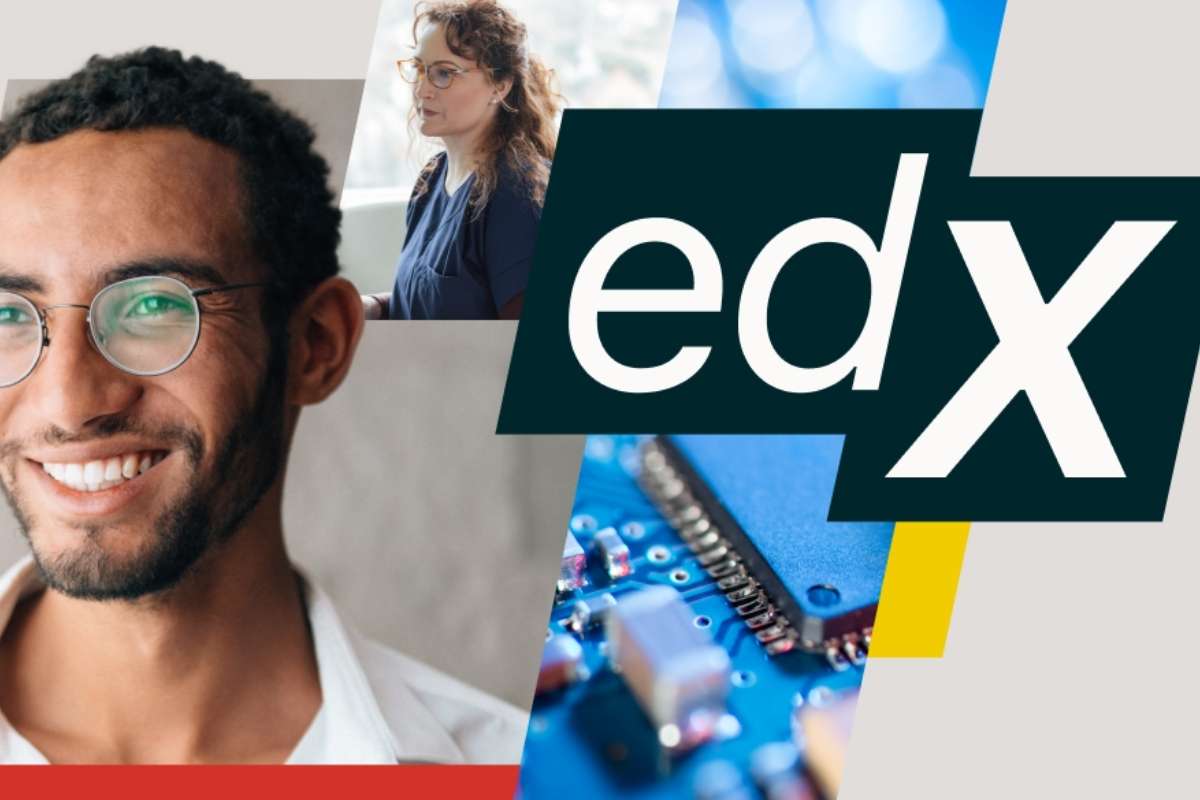In recent years, education has undergone a seismic shift, with technology at the forefront of this transformation. One of the most revolutionary advancements in education is the rise of MOOCs (Massive Open Online Courses). These online platforms provide accessible and affordable education to millions worldwide, breaking down traditional barriers and reshaping the learning landscape.
What Are MOOCs (Massive Open Online Courses)?
MOOCs (Massive Open Online Courses) are online courses designed for unlimited participation and open access via the web. They provide a flexible way to learn about a wide range of subjects without the constraints of traditional classroom settings. The term “massive” reflects the scale of these courses, which can accommodate thousands of learners simultaneously, while “open” signifies that the courses are generally free or low-cost, allowing anyone with internet access to participate.
The inception of MOOCs dates back to 2008 when the first course, “Connectivism and Connective Knowledge,” was offered by George Siemens and Stephen Downes. This course paved the way for numerous institutions and educators to develop similar courses, leading to the exponential growth of MOOCs in the following years.
The Benefits of MOOCs (Massive Open Online Courses)
The popularity of MOOCs (Massive Open Online Courses) can be attributed to their numerous benefits, which include:
1. Accessibility
One of the primary advantages of MOOCs is their accessibility. Students from diverse backgrounds, including those in remote areas or developing countries, can access high-quality education that was previously beyond their reach. With just a computer or smartphone and an internet connection, learners can engage with course materials, participate in discussions, and complete assignments at their own pace.
2. Affordability

MOOCs are often free or offered at a fraction of the cost of traditional education. While some platforms charge a certification fee, many courses provide free access to lecture videos, reading materials, and assignments. This affordability makes it possible for individuals to gain knowledge and skills without incurring significant debt, democratizing education.
3. Diverse Course Offerings
MOOCs cover an extensive range of subjects, from computer science and engineering to humanities and business. This diversity allows learners to explore new interests, gain expertise in their fields, or acquire new skills relevant to the job market. With contributions from renowned universities and industry experts, learners can access high-quality educational content.
4. Flexibility
The flexibility of MOOCs is another significant benefit. Unlike traditional classes that adhere to a fixed schedule, MOOCs allow learners to study at their convenience. Participants can balance their education with work, family, and other commitments, making it an ideal choice for busy professionals and lifelong learners.
5. Networking Opportunities
MOOCs provide a unique opportunity for learners to connect with individuals from diverse backgrounds and cultures. Through discussion forums, social media, and collaborative projects, participants can network with peers, share insights, and learn from one another. This interaction fosters a sense of community and enhances the learning experience.
Popular MOOCs (Massive Open Online Courses) Platforms
Several platforms have emerged as leaders in the MOOCs space, providing a variety of courses from top universities and institutions. Some of the most popular MOOCs (Massive Open Online Courses) platforms include:
1. Coursera
Coursera partners with universities and organizations to offer thousands of courses, specializations, and degrees in various fields. With courses from institutions like Stanford, Yale, and Google, learners can earn recognized credentials to enhance their resumes.
2. edX

Founded by Harvard and MIT, edX is another major player in the MOOCs landscape. It offers a wide range of high-quality courses, many of which are free. Learners can also pursue MicroMasters programs and professional certificates to boost their careers.
3. Udacity
Udacity focuses on tech-related courses, particularly in programming, data science, and artificial intelligence. It offers “Nanodegree” programs in collaboration with industry leaders like Google and Facebook, ensuring that learners acquire skills relevant to the job market.
4. FutureLearn
Future Learn is a UK-based platform that offers courses from universities and organizations around the world. Its social learning approach encourages interaction among learners and instructors, enhancing the overall educational experience.
5. Khan Academy
While not a traditional MOOC provider, Khan Academy offers a wealth of free resources, including video tutorials and exercises, primarily aimed at K-12 students. Its user-friendly interface and personalized learning paths make it a popular choice among learners of all ages.
Challenges Facing MOOCs (Massive Open Online Courses)
Despite their many advantages, MOOCs (Massive Open Online Courses) also face several challenges:
1. Completion Rates
One of the most significant issues plaguing MOOCs is the low completion rates. Many learners enroll in courses but do not complete them, often due to a lack of motivation or accountability. This phenomenon raises questions about the effectiveness of online learning compared to traditional education.
2. Quality Assurance
While many MOOCs are developed by reputable institutions, the sheer volume of courses available can lead to quality inconsistencies. Learners may find it challenging to distinguish between high-quality courses and those that lack rigor or credibility.
3. Lack of Personal Interaction

Online learning can sometimes feel isolating, as students miss out on face-to-face interactions with instructors and peers. This lack of personal connection may hinder engagement and limit opportunities for collaboration and networking.
The Future of MOOCs (Massive Open Online Courses)
As technology continues to advance, the future of MOOCs (Massive Open Online Courses) looks promising. Innovations such as artificial intelligence and virtual reality are being integrated into online learning environments, creating more engaging and interactive experiences for learners. Additionally, institutions may develop more robust support systems to encourage course completion and enhance learner engagement.
In conclusion, MOOCs (Massive Open Online Courses) represent a groundbreaking shift in education, providing accessible and affordable learning opportunities for individuals worldwide. While challenges remain, the potential for growth and improvement is vast. As more learners embrace this innovative approach to education, MOOCs will continue to transform the way we learn and acquire new skills, making knowledge available to all, regardless of location or background.









